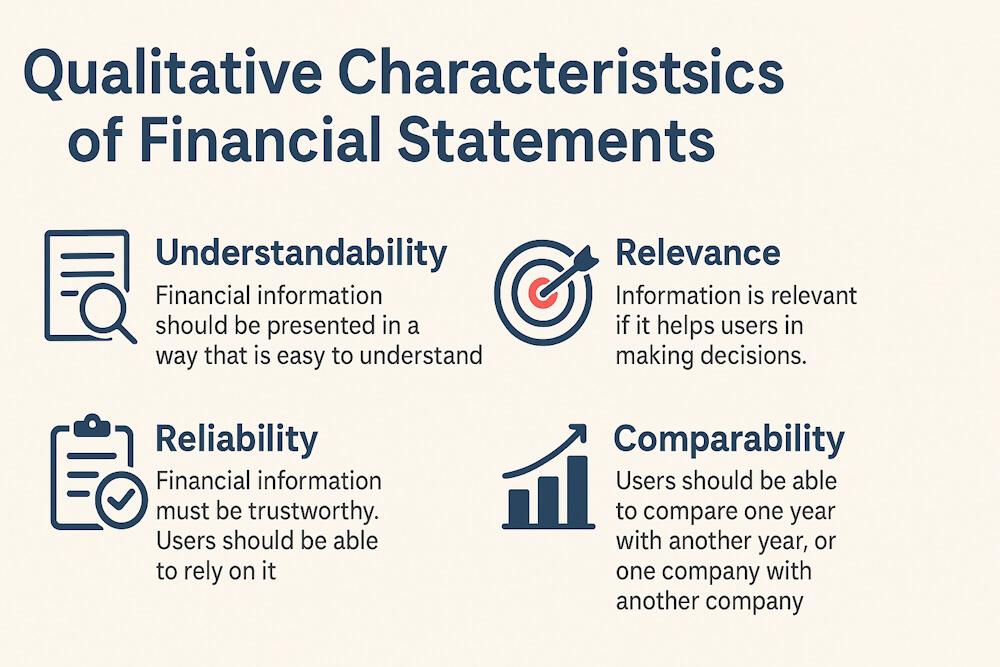There is no one opinion about the relation between ethics and philosophy. Hegel and Green, believes that ethics is based upon philosophy. Rahall believe that philosophy is based upon ethics.
This is a debatable opinion. Be it what it may, it is definite that the two are closely related. The relation is based upon the following factors:
- Ethical ideals are founded in the moral order of the universe. Being a normative science, ethics details ethical ideals. These ethical ideals are founded in the moral order of the universe. Thus their study takes ethics into the field of philosophy.
- Ethical ideals are based upon the nature of objects. Ethical judgments are categorical imperatives. They are themselves based upon the nature of objects for which ethics has to go to philosophy.
- Philosophy expounds ethical assumptions. The three self-evident postulates of ethics arc God, freedom of will and the immortality of the soul. The description of their nature and the analysis of their validity is the subject of philosophy.
- Philosophy details the relation of man to the world. Ethics treats man as a self-conscious being, not a natural fact. Thus, for the discussion of the relation between man and God, world and society, ethics has to turn to philosophy.
- Philosophy systematizes both facts and values. Ethics being a science of values is related to philosophy because the latter systematizes both facts and values.
- Many philosophical problems come under ethics. Ethics has to explain many philosophical problems.
Ethics Vs Philosophy:
| Ethics | Philosophy |
| Moral Principles a person can follow. | Study of the fundamental nature of knowledge, reality, and existence as an academic discipline. |
| Comprise of moral guidelines and advice a human can follow in his lifestyle. | Contains theories and ideologies postulated by philosophers concerning specific subject matter in life. |
| There is o specific origin; has a strong relation to religions and morality in human society. | There are specific founders or several pioneering figures known as philosophers. |
| Cannot be separated according to period, country and subject matter since they are universally considered moral principles. | Has varied branches according to period school, movement, country, subject matter, etc. |





